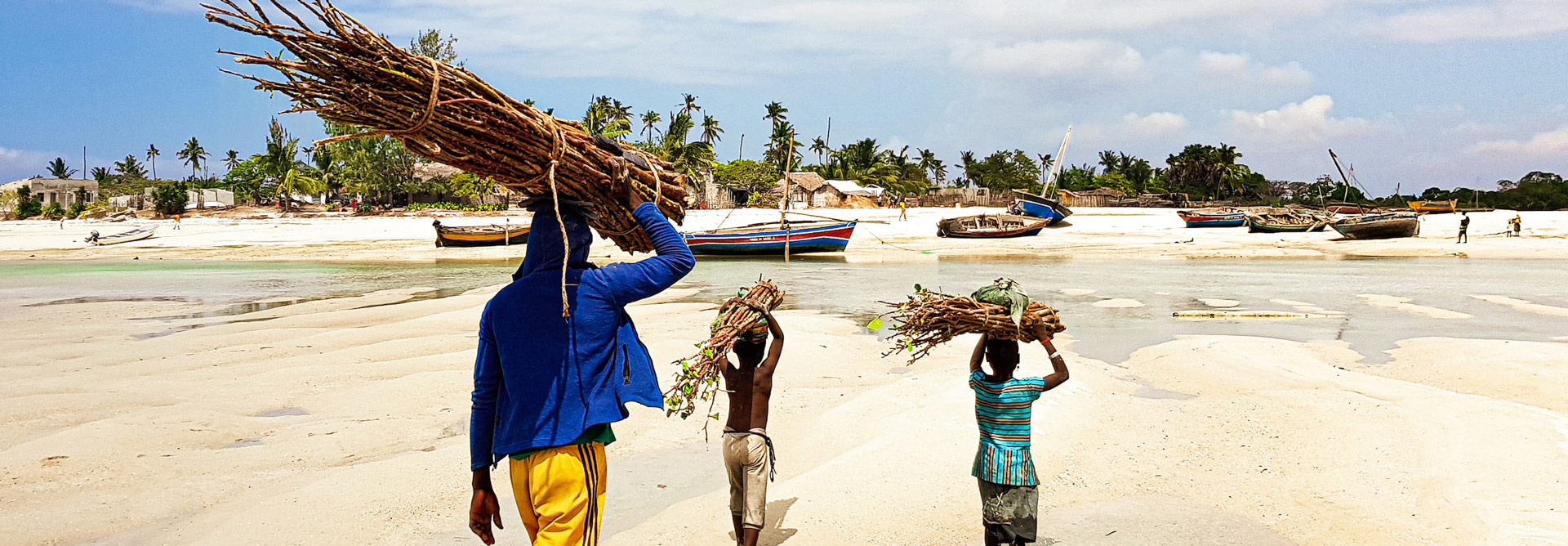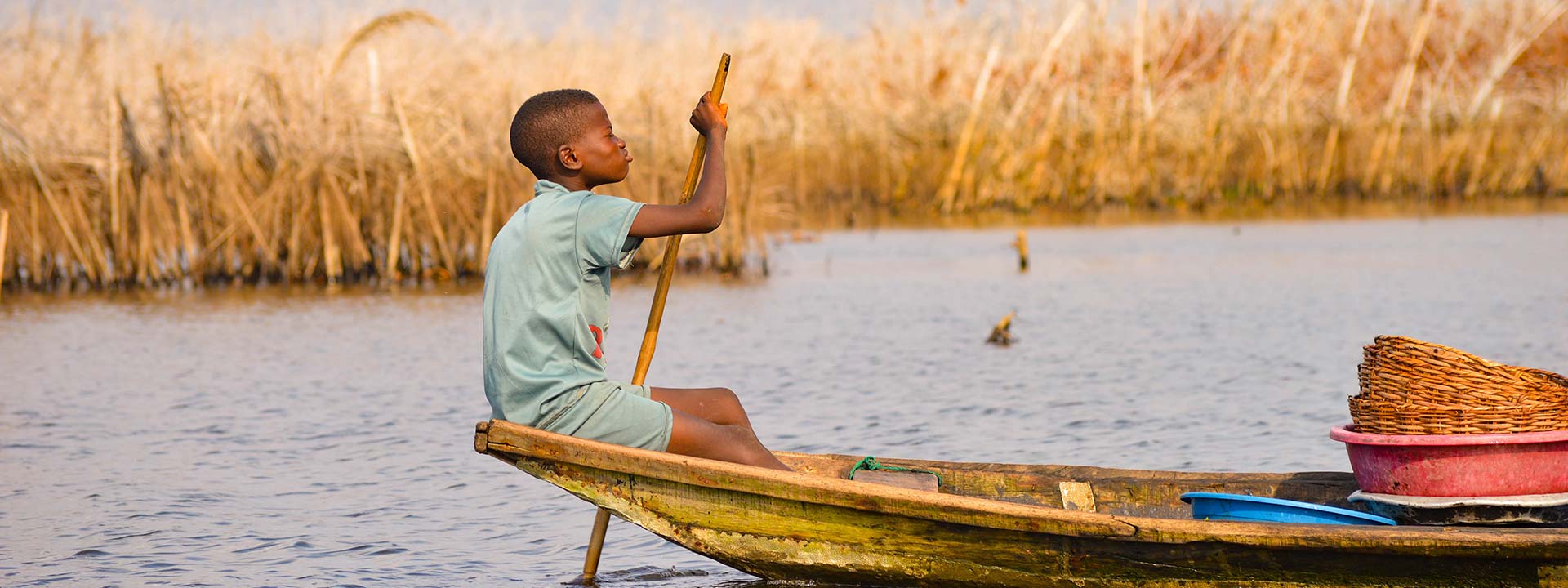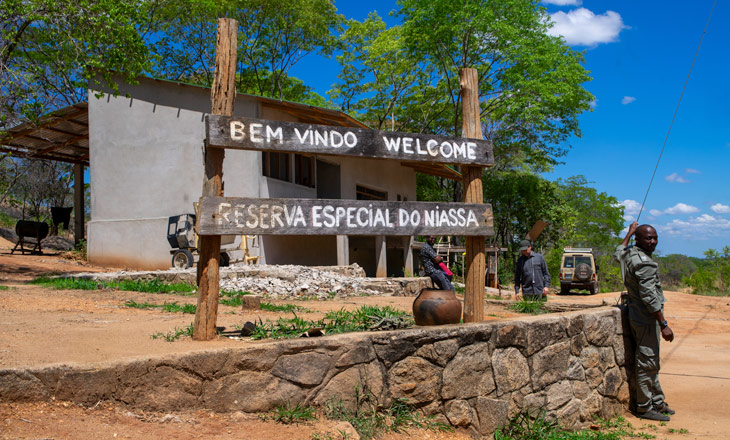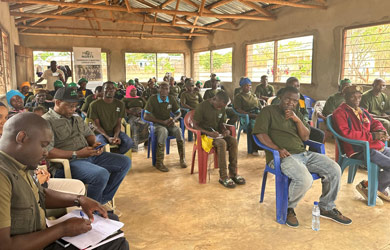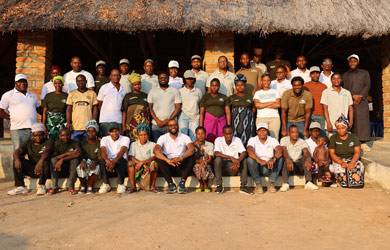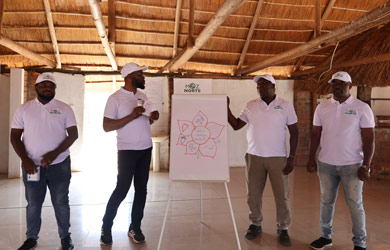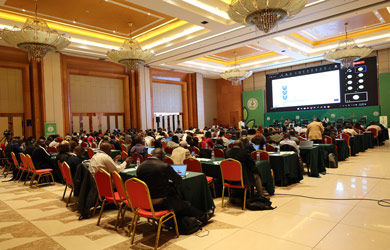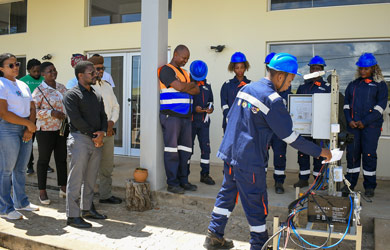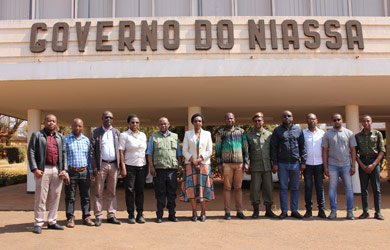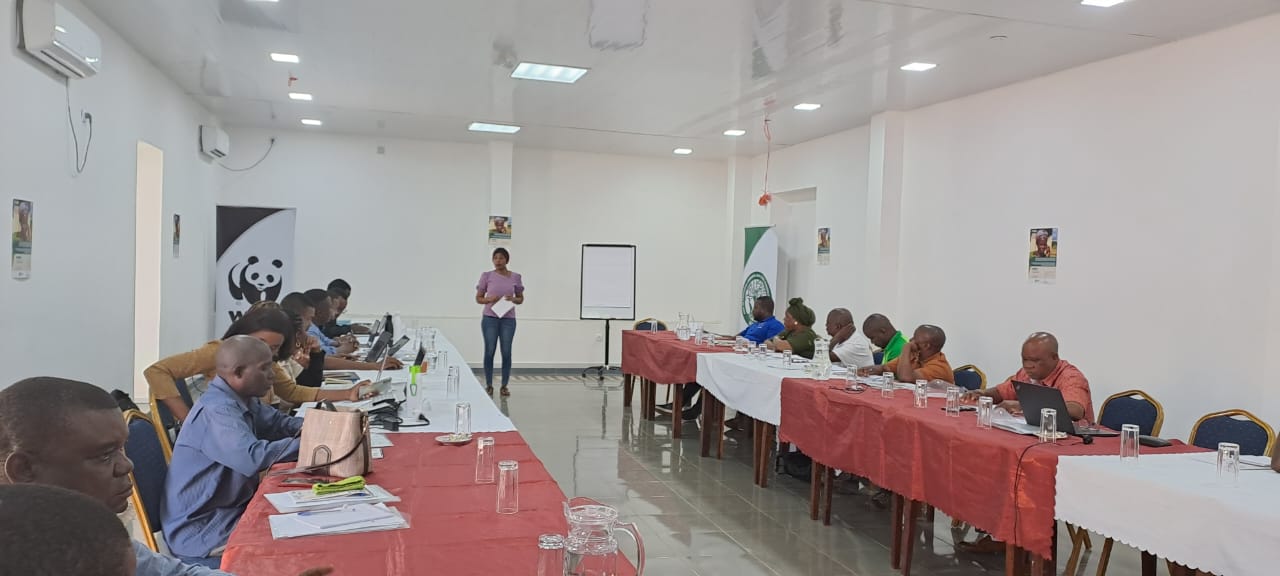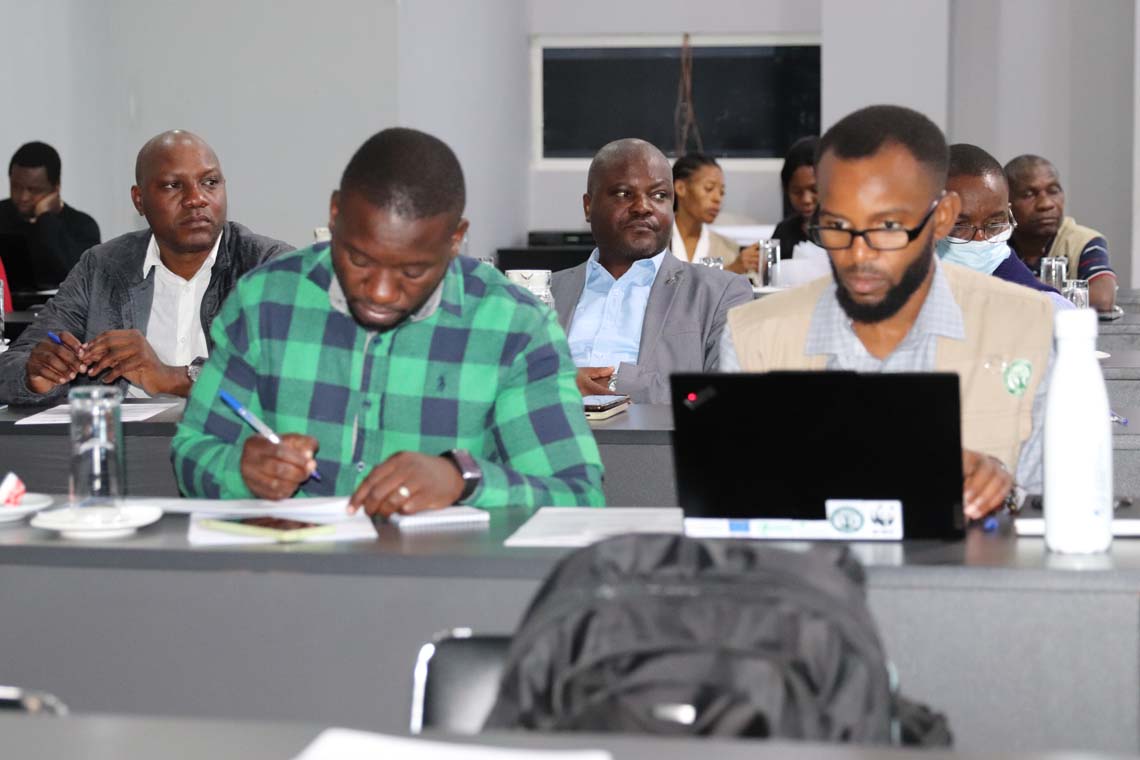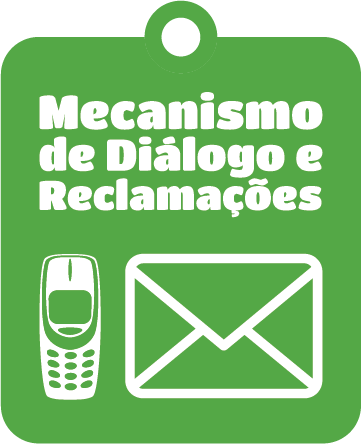Northern Mozambique Rural Resilience Project – MozNorth
The Government of Mozambique (GoM), with support from the World Bank (WB), is implementing the Northern Mozambique Rural Resilience Project (MozNorte), which aims to improve the livelihoods of vulnerable communities and the management of natural resources in selected rural areas of Northern Mozambique, with a special focus on displaced people in Cabo Delgado.
The project is part of the government and partners’ strategy to improve and develop local socioeconomic conditions in the short and medium term, reducing rural poverty and social and economic inequality among the population, with a focus on women and youth, and increasing food security by increasing agricultural income for target beneficiaries, increasing livelihood diversification and income generation, building skills and generating self-employment, and improving resilience in selected rural areas.
The project is coordinated by the Ministry of Agriculture, Environment, and Fisheries (MAAP), through the National Fund for Sustainable Development (FNDS), which implements activities in the agricultural and forestry sectors.
BIOFUND is the fiduciary agency responsible for supporting the management of Conservation Areas within the landscapes defined in the Program, in close coordination with ANAC, and the National Blue Economy Fund (ProAzul) is the fiduciary institution responsible for managing activities in the fisheries sector.

Over a period of 5 years

Funding of USD 150 million

USD 24.6 million will be allocated to conservation activities under subcomponent 2.2, which is implemented by BIOFUND.
Implementation Areas
The project’s coverage areas are the three provinces of the Northern region (Niassa, Cabo Delgado, and Nampula). Specifically, for BIOFUND, they are:
- Quirimbas National Park
- Niassa Special Reserve
- Block L4 East of the Niassa Special Reserve
- First and Second Islands Environmental Protection Area – APAIPS
- Chipanje Chetu Community Conservation Area
General Objective of the Project
Contribute to improving access to livelihood opportunities for vulnerable communities and natural resource management in rural areas of Northern Mozambique.
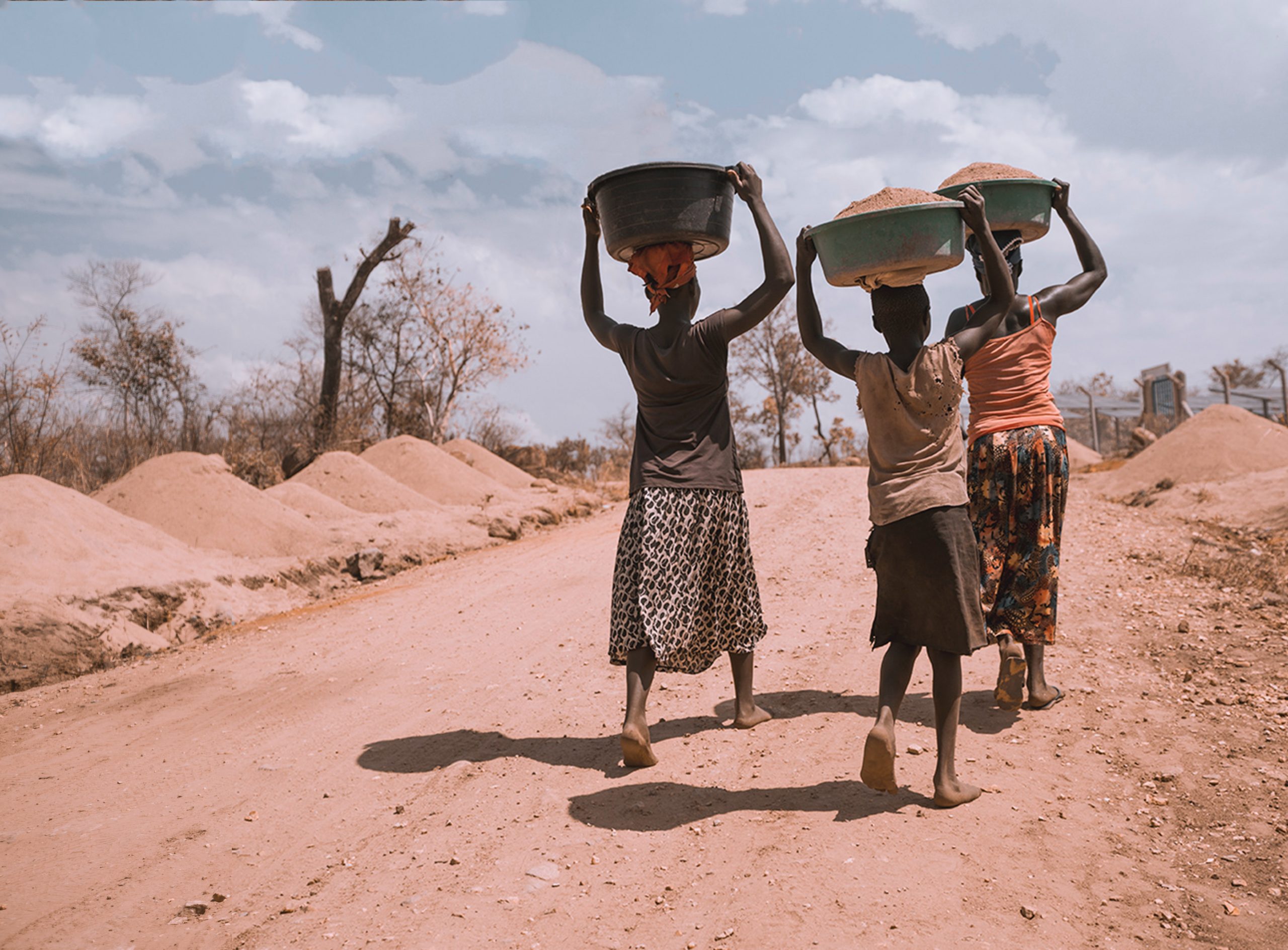
Project’s Components
Component 1: Improving Access to Livelihoods and Community Infrastructure
Component 2: Improved management of natural resources
Component 3: Multi-stakeholder Coordination and Project Management
Activities Funded by BIOFUND
- The activities funded by BIOFUND fall under Component 2 of the project, specifically subcomponent 2.2, which aims to provide support for the effective and inclusive management of Conservation Areas, and includes the following sub-activities:

Improvement of equipment, technical assistance and promotion of sustainable livelihood activities (beekeeping, livestock farming, fish farming, conservation agriculture).

Rehabilitation of infrastructure for community development (water supply, energy, health, education);

Formalization and strengthening of concession and co-management agreements in key areas (Legalization of CGRNs and training to strengthen community governance);

Promoting sustainable natural resource activities for communities linked to the livelihoods and nature-based tourism (supporting climate change adaptation, land management and reduction of human-animal conflicts).
Activities implemented by the FNDS
- Under subcomponent 2.2, the FNDS implements activities to support the improvement of law enforcement and management infrastructures of conservation areas:

Construction of infrastructure (operations coordination center; COGECO and CGRNs headquarters; Canine Units);
Project Activities
Activities funded by BIOFUND:
Chipange Cheto Community Project
- Strengthening Community Governance
- Supporting Livelihood Initiatives
- Human wildlife conflict mitigation and management
- Community law enforcement
- Environmental Education (EDUCA+)
- PLCM
Block L4 East – NSR
- Strengthening Community Governance
- Support for Livelihood Initiatives
- Human wildlife conflict mitigation and management
- Management Plan
- Tourism Development Plan
- Environmental Education (EDUCA+)
- PLCM
APAIPS
- APAIPS Administration and Management
- Infrastructure and law enforcement Operations
- Special Land Use Plan
- Integrated Development Plan and Business Plan
- Environmental Education (EDUCA+)
- PLCM
Niassa Special Reserve
- REN Administration and Management
- Infrastructure and Inspection Operations
- Community Development
- Strengthening the Reserve Management Council
- CHFB Mitigation and Management
- Environmental Education (EDUCA+)
- PLCM
ANAC – North: Canine Units
- Establishment of Canine Units in Pemba and Nacala
- Infrastructure and Equipment
- Support for training and human resources
Quirimbas National Park
- QNP Administration and Management
- Resettlement data collection
- Socioeconomic and habitat studies
News
Announcements
No announcements
Expected Results
To improve the livelihoods of vulnerable local communities, as well as the sustainable management of natural resources;
To ensure that local communities are resilient and cohesive, living in harmony with natural resources, protecting them and contributing to their sustainable management.
Environmental and Social Safeguards
Projects in implementation areas may affect the coexistence between people and protected resources, relationships within and among communities, human–wildlife conflicts, and potentially lead to some resettlements. These factors may increase the risk of generating conflicts.
Environmental and Social Safeguards are technical measures designed to prevent or protect people and the environment from the negative impacts of a given project, while promoting its positive impacts.
To ensure safeguard compliance under the MozNorte project, instruments have been approved and implemented to guarantee that the project is aligned with environmental and social standards, as well as with the World Bank’s policies and guidelines for rural development.
- Código de Ética
- Avaliação Social e de Conflitos_Estratégia de Mitigação de Riscos Sociais
- Plano de Egajamento das Partes Interessadas_P174635
- QPR_Final for DIsclosure
- Quadro da Politica de Reassentamneto_P174635
- Quadro de Gestão Ambiental e Social_P174635
- Quadro de Processo- P 174635 ESCP final
- Quadro de Processo_P174635
- Security Risk Assessment and Management Plan
- Código de Conduta para Colaboradores
Funder

Trust Agencies

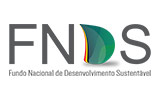
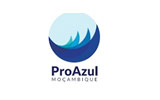
Beneficiaries
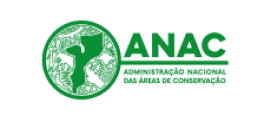
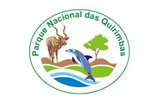
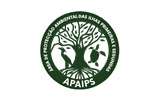
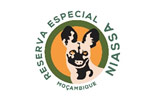
Implementation partners




